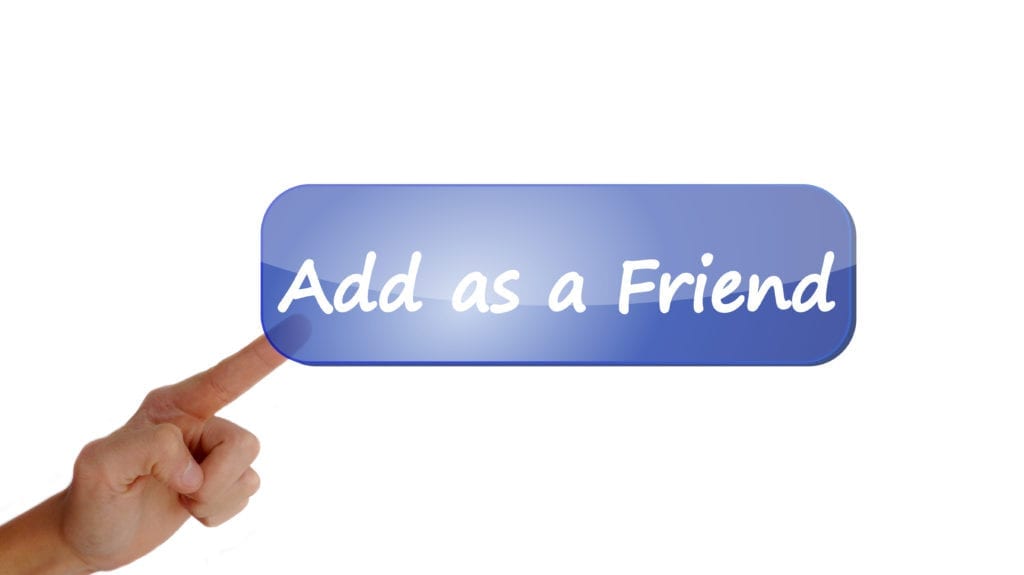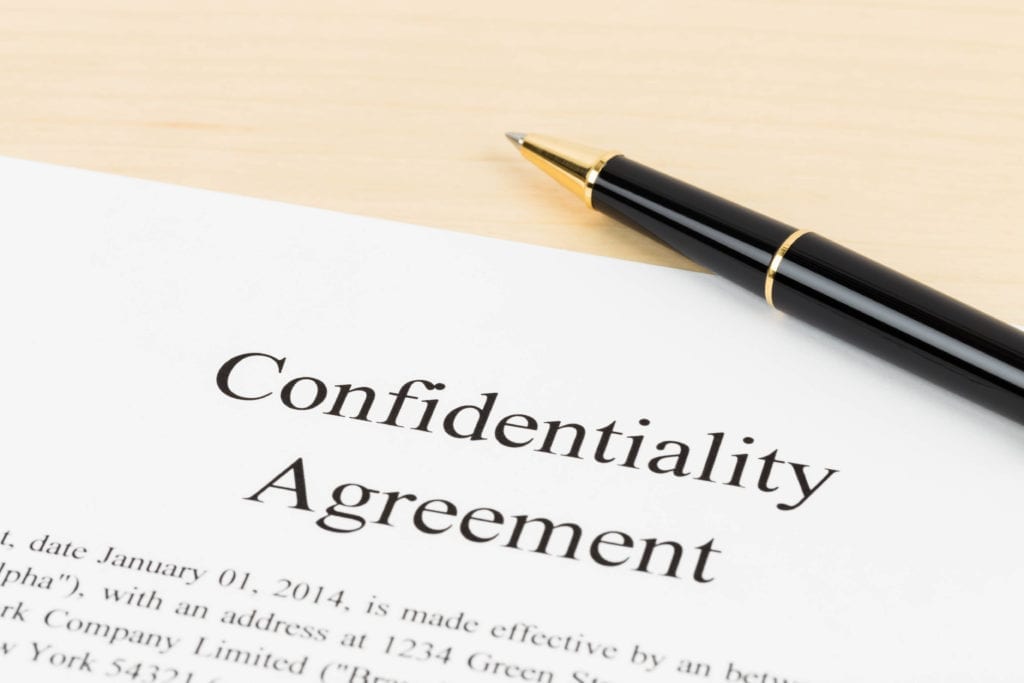One Way to Limit Client Disputes

Many client disputes arise from a disagreement about the nature and scope of the engagement. Most clients will assume their lawyer is doing more for them than a lawyer intends. One way to limit disputes about what you were or were not hired to do is to clearly state, in writing, the scope of the […]
Have You Planned for Disaster?

Imagine this: After a long, but successful week, you lock up your law office and head home for a relaxing weekend. On Sunday afternoon, you receive a call and learn that somehow a fire was started in or near your building and half your office was ravaged by a fire. The other half is still […]
Connecting with Judges on Social Media

A topic that seems to come up a lot is whether lawyers and judges can be “friends” or “connections” on various social media platforms. Is it ever ok? What if a judge sends a connection request to a lawyer? If the lawyer rejects it, how will the judge react? What if a lawyer is “friends” […]
The Ethics of Law Firm Logos

Law firm logos are generally not considered “advertising” under ethics rules, so the restrictions on advertising and solicitation usually do not apply. (e.g., New York, Utah). Jurisdictions that have discussed logos recognize that they typically do not extol a firm’s expertise, encourage a person to contact the firm, or otherwise solicit employment. Instead, logos are […]
Can Confidentiality Provisions In Settlement Agreements Limit Lawyers’ Marketing?

Often when parties resolve disputes, confidentiality provisions are requested and included in a settlement agreement. The scope of such provisions may range from a preclusion of releasing the fact and amount of the settlement to a broad prohibition on disclosing any information obtained during the dispute. Can one or both sides use such a provision […]
What Can You Say About Your SuperLawyer Or Other Rating?

Lawyer advertising cannot be false, deceptive or misleading. Most jurisdictions consider deceptive or misleading, communications that compare an attorney’s services with other attorneys’ services unless the comparison can be factually substantiated. (see, e.g., Georgia Rule 7.1(a)(3)). In light of that general rule, can lawyers publicize their Super Lawyers or other lawyer rating? If so, is […]
Communicating With Potential Witnesses On Social Media

Last week, I discussed researching jurors via social media. Another area that lawyers may consider using social media for is to locate and/or research potential witnesses in a case. Some of the same concepts that apply to jurors apply to witnesses, but lawyers are not per se prohibited from actually communicating with witnesses, as they […]
Researching Jurors On Social Media

When trying a case, the more you know the better off you usually are. Information about jurors is no exception. As trial lawyers know, the amount of information one is able to obtain about potential jurors is limited (by time, by scope of questioning allowed, by juror honesty). In today’s world, it makes perfect sense […]
Can Attorneys Get Fees On Fees When Self-Representing?

You’ve done a great job for your client and it’s refused to pay the balance of the attorneys fees owed to your firm. You’ve worked very hard and deserve to be paid. But even if you were able to get a judgment for your unpaid fees, would it be worth the additional investment to obtain […]
What Do You Do If Your Client Dies During Representation?

Imagine this: You’ve been hired by a client to represent them, but during the representation, the client dies. Now what? Attorney-client relationship The attorney-client relationship is an agency relationship, in which the client is the principal and the attorney is the agent. Typically, the death of a client terminates the attorney-client agency relationship, and the […]
